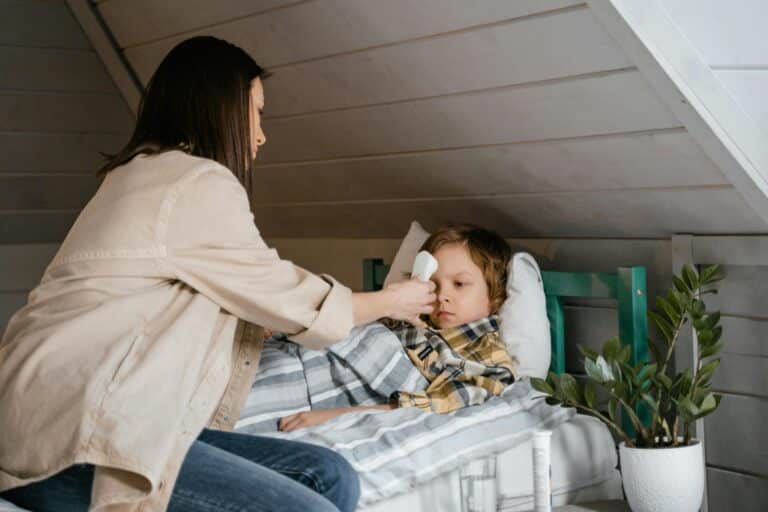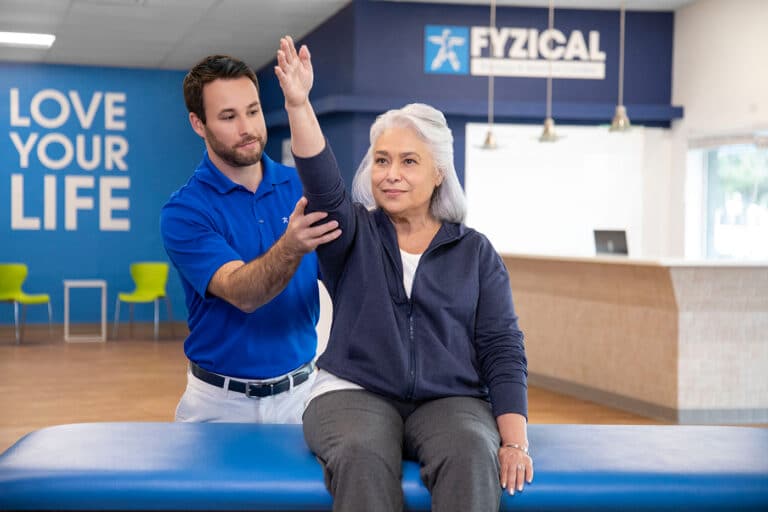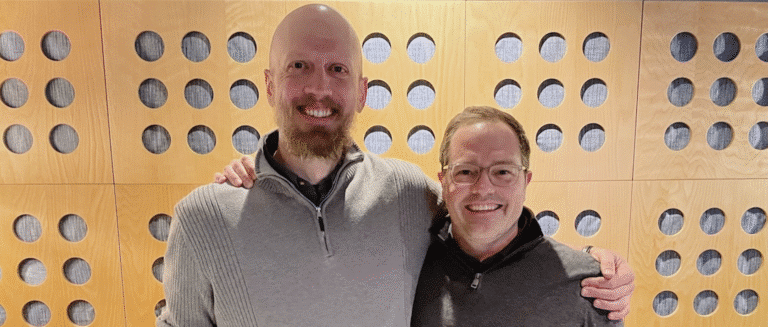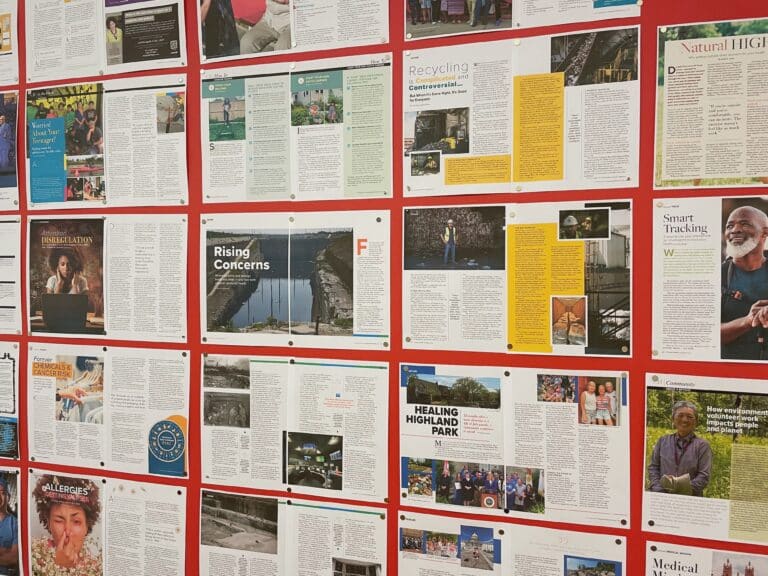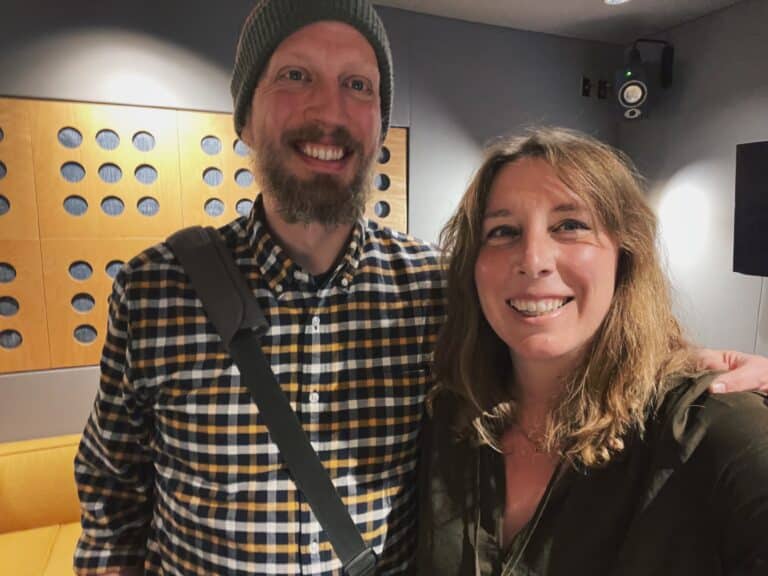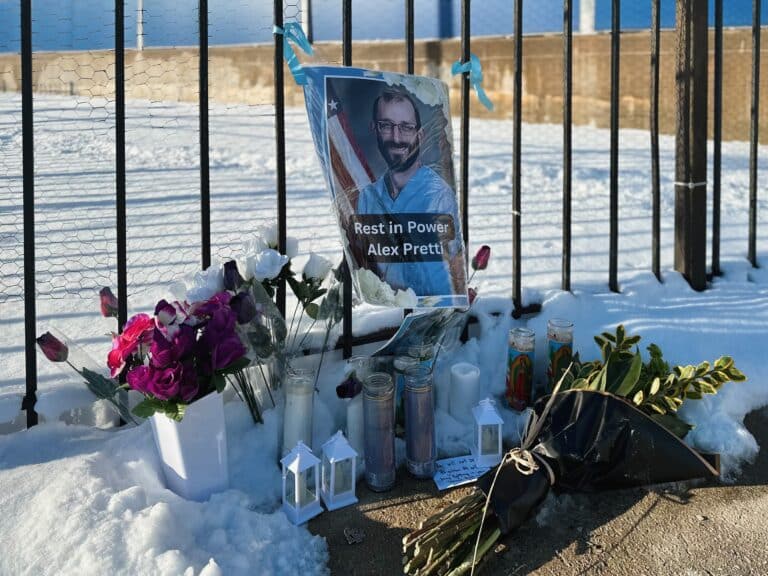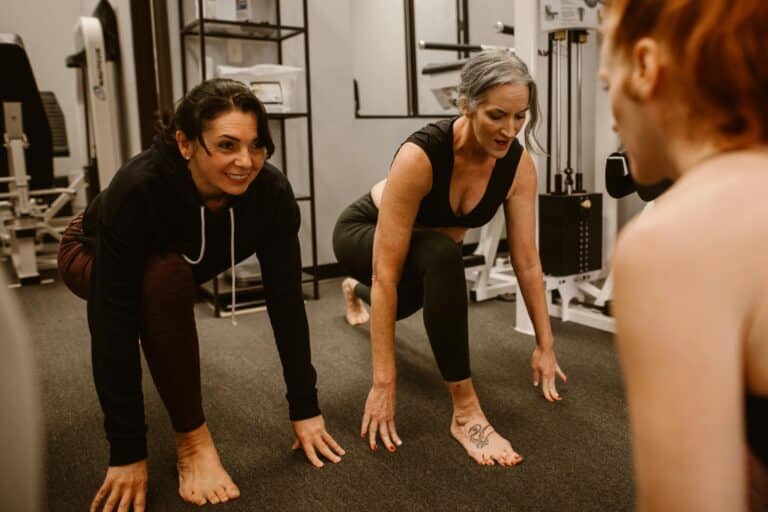The coronavirus arrived like an unwelcome guest two years ago, and since then, people have grown weary of the infectious disease encroaching on their lives. So when Illinois lifted the mask mandate in most indoor public settings at the end of February, some people were relieved to discard their masks and rediscover life as it used to be.
For others, though, a lack of mandate has felt more like wishful thinking. Health dangers linger, and they worry about many possible outcomes, such as contracting breakthrough Covid-19, being unprepared for new variants, endangering children or people in high-risk populations, and overtaxing the healthcare system.
“I think people are struggling now,” says Nicole Yarmolkevich, a behavioral health therapist at the AMITA Health Center for Mental Health in Arlington Heights. “I am too, because [we] want the pandemic to be over. But even when it is, Covid will still be here, and there will be other things. We need to learn to adapt to changes because things are always evolving.”
In fact, in a poll conducted Feb. 20 to 24, only 6% of those surveyed thought the Covid-19 crisis was completely under control, 49% thought it was somewhat under control, and 15% believed it was not under control, according to the Washington Post and ABC News, who conducted the poll.
Each week, Covid-19 statistics change, in terms of case counts and survey results. And now, without mandates, each individual needs to take into account their own health risks and the collective health of those around them.
Weighing risk
Without the mask mandate, people need to figure out for themselves if it is safe or risky to go mask-free. They also have to decide when to test themselves for Covid-19, such as before visiting family or after attending a concert.
Though Covid-19 is a relatively new risk to assess, risk-based decisions in general are as old as human existence. We all make these decisions, dozens of times a day, for the long-term and short-term, such as choosing what to eat if you have heart disease or even deciding if it’s safe to cross the street.
Still, Covid-19 continues to raise its own new and unique questions, even after two years of living with the pressures of shifting guidance and unknowns. Emotions play a role, too. It can be difficult for people to turn their back on the difficult circumstances, trauma, and grief they experienced during the pandemic.
“It’s a confusing time for people,” Yarmolkevich says. “When people are under stress for a long period of time, they become emotionally exhausted. It’s been two years, and our resources — our coping skills and our healthy lifestyle — are getting depleted.”
Start with stats
To get a current picture of the risks, start with the most concrete information available: numbers. Look at the Covid-19 diagnosis, hospitalization, and death rates in your area to assess your personal risk. Not everyone agrees on or knows where to go for those numbers, though.
“There is a lot of conflicting information. There is no consensus among policymakers, so a lot of people believe there isn’t one reputable source to base their decision on,” says Oleg Urminsky, a professor of marketing at the University of Chicago Booth School of Business who studies consumer and managerial decision making.
Optimal sources for updated Covid-19 data include the Centers for Disease Control and Prevention (CDC), as well as state, city, and county public health departments, which typically provide Covid-19 dashboards with detailed case numbers. Start with these trusted sources and beware of one-sided sources that may contain misleading or outdated information.
“It is easy for people to choose the sources of information they want to be exposed to that will confirm what they want to believe, so they can form their own information bubble,” Urminsky says.
At the end of the day, Yarmolkevich adds, “You can look at credible sources to make your decision, but you [also] have to sit down and look at the risks and benefits for yourself and what is important in your own life.”
And you have to consider the collective good. Even if you might fare well with a case of Covid-19, think about who you might put at risk along the way, especially when cases are high and hospitals overcrowded.
As you consider these risks, keep an open dialogue with the people directly impacted by your decision, such as family members if you’re planning to attend a graduation celebration or traveling companions if you’re taking a trip. Have an open discussion, without judgment, about each person’s personal risks and thoughts about how to keep each other safe.
“In a perfect world, people will be understanding and respectful of others’ boundaries and will not judge others harshly because we don’t know what is influencing their decision,” Yarmolkevich says.

Nancy Maes, who studied and worked in France for 10 years, writes about health, cultural events, food and the healing power of the arts.

